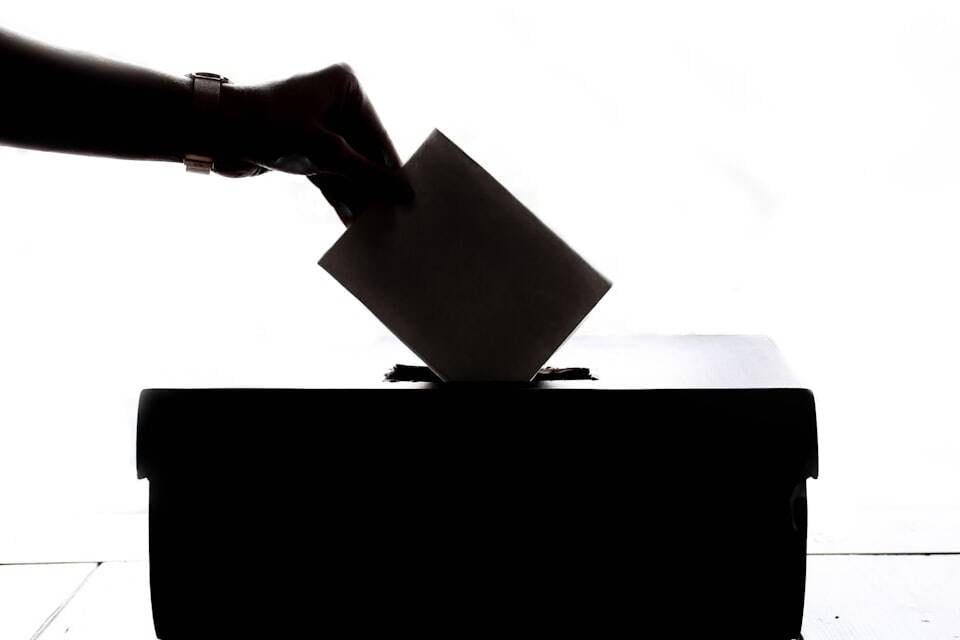Are Russians Getting Fed Up With Sham Elections?
The Council of Europe called the elections in occupied areas of Ukraine “flagrant violation[s] of international law” and “illegitimate.” It’s hard to disagree, especially amid reports that Russian election officials pressured local Ukrainians to vote, and asked them for written “explanatory statements” if they refused.
Still, even a sham election is a good chance to measure public opinion, if one knows how to look. At FilterLabs.AI, the team has been analyzing online communication about the election, both in Ukraine and across Russia. It paints a different picture than the official results.
Putin’s United Russia party is indeed popular, at least on mainstream media channels. Sentiment toward the party is generally positive. However, in the days right before the election (which took place on Sept. 10 in most regions), it took a dip, to recover only partly since then:
A similar drop appeared on social media:
To be sure, sentiment surrounding United Russia is much more positive in mainstream Russian media than it is on social media. This is not surprising. Many mainstream Russian media sources are Kremlin-friendly, if not Kremlin-sponsored. What is more notable is the downturn in sentiment on both channels right before the election. While a negative turn at this point in an election cycle isn’t necessarily unusual, it’s not clear exactly what caused the sudden negative movement in this case.
A look at more specific issues also revealed negative trends. In the weeks leading up to the election itself, sentiment in posts that discussed violations at polling stations (such as ballot stuffing, fake ballots, people being forced to vote, and the concept of election violations more generally) showed a lot of volatility in both mainstream and online media. In mainstream stories, sentiment recovered somewhat just before the election:
On social media, however, sentiment plunged in late August and stayed very negative:
What to make of United Russia’s success, despite its apparent fall in popularity and evident public distaste for tampering and intimidation at the polls?
Of course, Putin’s party probably left nothing to chance. Indeed, outside observers have claimed that there were many instances of election tampering, including intimidation campaigns against candidates and election officials. Yet FilterLabs.AI was able to find a high volume of articles mentioning irregularities and intimidation at the polls. Why weren’t these stories suppressed, censored, or spun?
It may be that some realities — like political pressure during an election season — are just too obvious to suppress. That’s especially the case on social media, which is subject to less state control than news media is. The negativity in mainstream Russian media may be more consequential, though.
The Russian government has enjoyed nearly total support from traditional media since the invasion of Ukraine, and arguably before. It’s worth asking whether that’s still the case. It’s not too much of a stretch to imagine that discontent with the political process could become discontent with the results.
%20-%20Tradmark.png)
